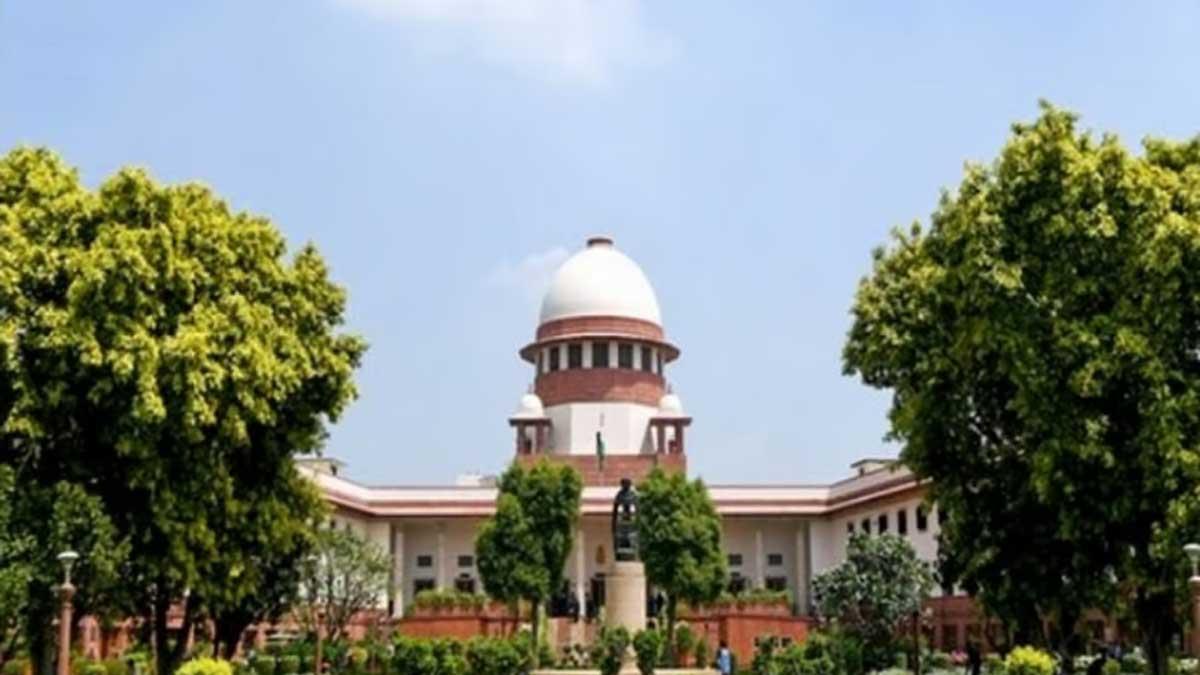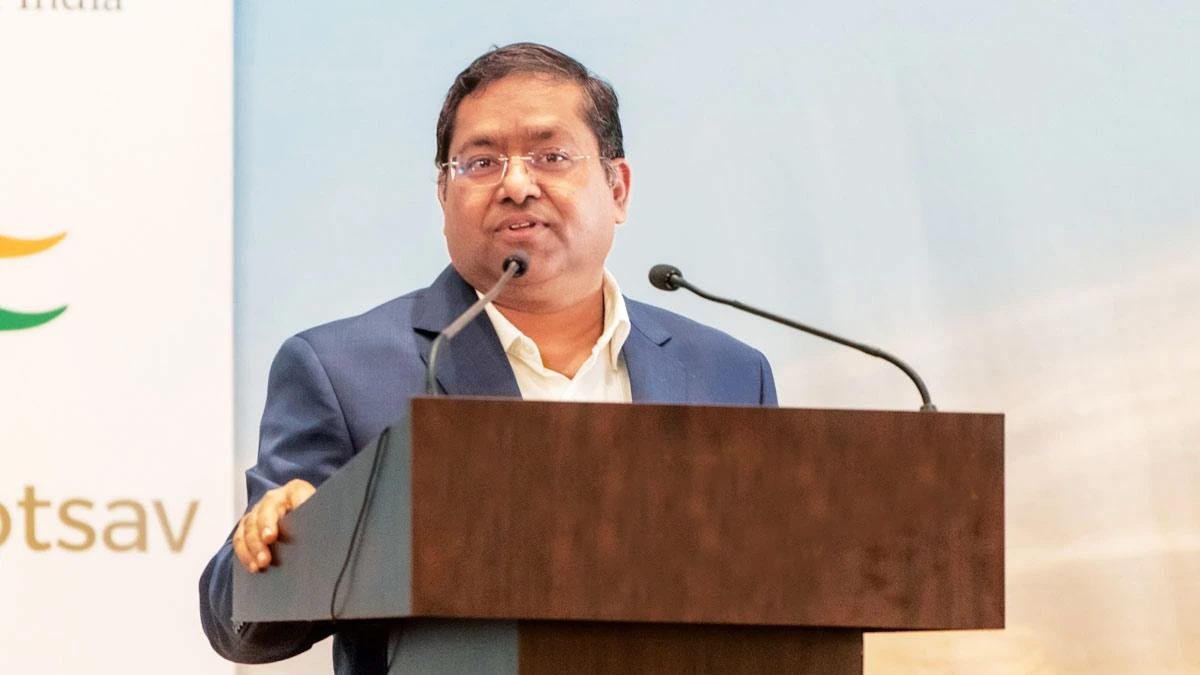The Supreme Court, in its recent ruling, emphasized that suspending legislation during consideration is not the norm but rather an exception. This assertion came as the court dismissed petitions contesting the appointment of election commissioners under a 2023 law, asserting that disrupting the selection process would precipitate chaos and effectively destabilize constitutional order.
Justices Sanjiv Khanna and Dipankar Datta, presiding over the bench, elucidated their decision to dismiss the pleas against the appointment of election commissioners Gyanesh Kumar and Sukhbir Singh Sandhu. They stressed the importance of a thorough selection process, urging for full disclosure of candidate details to all members of the selection panel, which comprises the prime minister, leader of the largest opposition party in Parliament, and a Union minister nominated by the prime minister.
While expressing reservations about the selection process's procedure, the court underscored the necessity for fair deliberation and scrutiny of candidates' backgrounds and merits. Despite these concerns, the court refrained from issuing interim orders, citing the imminent timeline for the forthcoming 18th general election for the Lok Sabha, emphasizing that any intervention at this stage would lead to disorder and constitutional upheaval.
Highlighting the paramount importance of maintaining the balance of convenience, the court emphasized the need to preserve the status quo, barring exceptional circumstances that would warrant a deviation. It cautioned against the grant of stay, fearing it would only sow seeds of uncertainty and confusion, if not outright chaos.
The court acknowledged the monumental responsibilities shouldered by the Election Commission and argued that the appointment of two additional ECs serves to provide a necessary balance and check.
Referencing previous legal precedents, the court stressed judicial restraint in granting interim orders in matters concerning the constitutionality of laws. It underscored that unless a statutory provision is blatantly unconstitutional or flagrantly violates fundamental rights, the courts should refrain from stultifying it through interim orders.
Addressing the petitioners' request for fresh selection with the Chief Justice of India (CJI) as a selection committee member, the court deemed it impermissible without declaring the pertinent section of the Chief Election Commissioner and other Election Commissioners (Appointment, Conditions of Service and Terms of Office) Act, 2023, unconstitutional.
The court's ruling, encompassing ten pages, elucidated its stance on the matter, highlighting the unique nature of the provision and the absence of an enactment in the past. It reiterated that courts should only intervene in statutory provisions under extraordinary circumstances to address crises or unrest.
The order came in response to a series of petitions, including those filed by Congress leader Jaya Thakur and NGO Association for Democratic Reforms (ADR), seeking a stay on the appointment of the new ECs and contesting the validity of the 2023 law that excluded the CJI from the selection panel for ECs and the CEC.
Read also | Modi's Promise Fulfilled: Bhutan Premier Expresses Gratitude to 'Brother' PM Modi


















